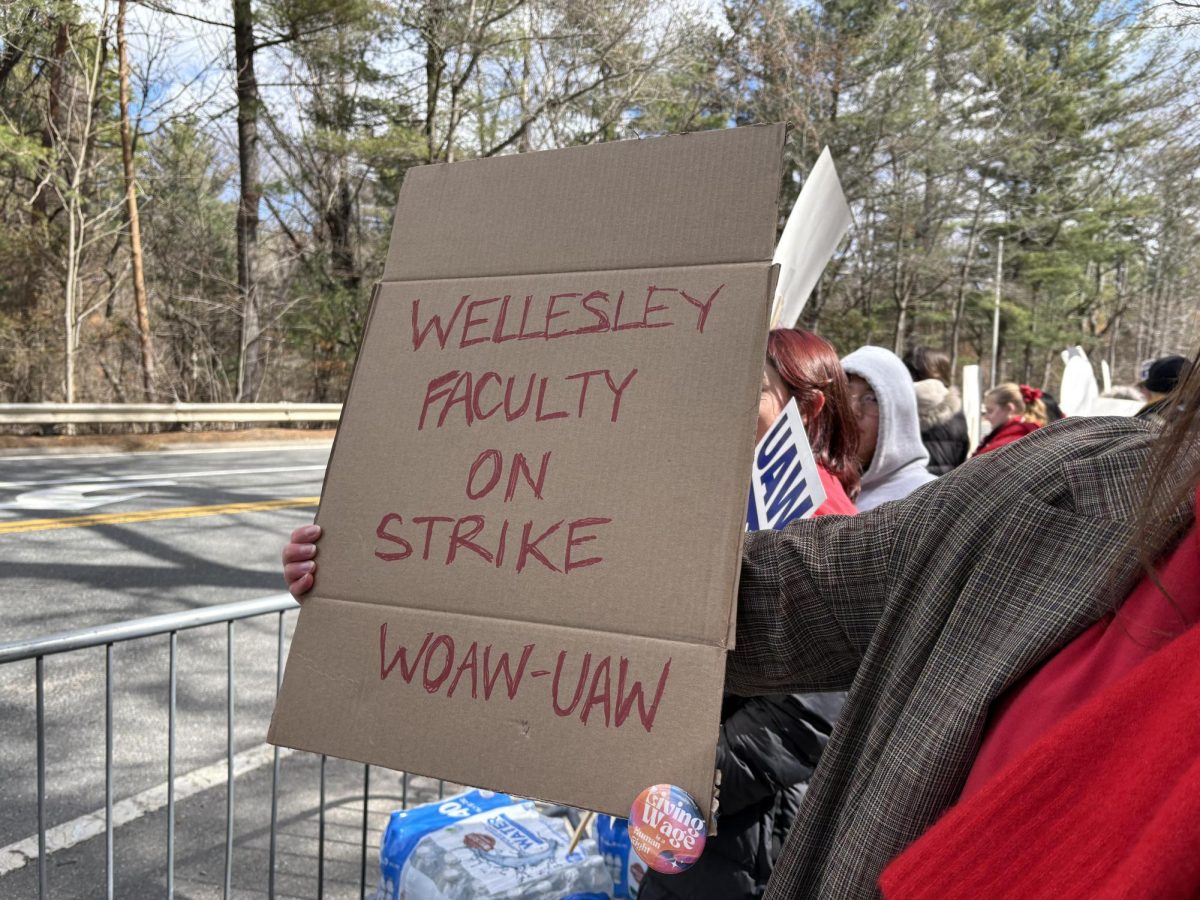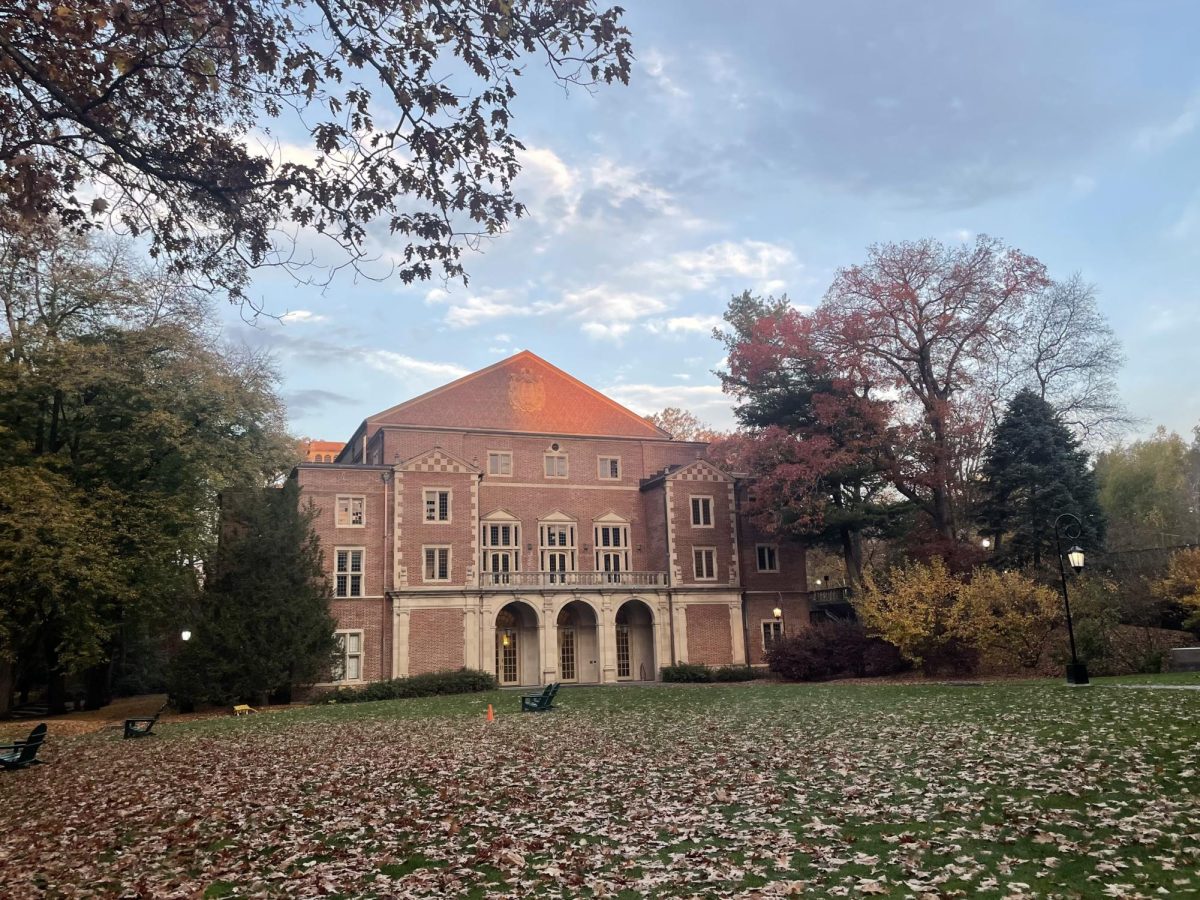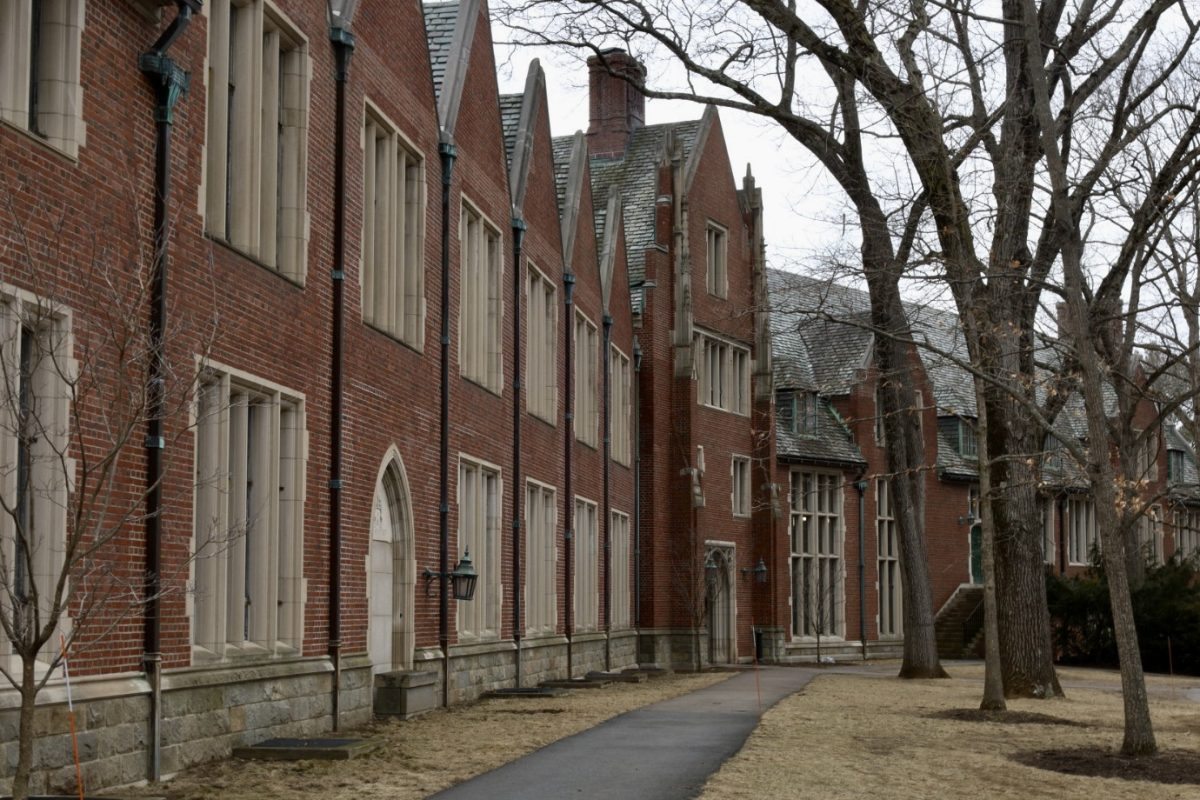Wellesley College’s endowment return fell by roughly $291 million in the 2022 fiscal year, the first year of negative return since 2017.
The 9.6% endowment decline, which brought the endowment’s total value to $2.94 billion, came in sharp contrast to the record-breaking 46.5% returns the College enjoyed last fiscal year. The loss also represents the second-worst annual investment return Wellesley College has seen in the last 20 years.
According to Chief Investment Officer, Debby Kuenstner, the losses were driven primarily by the poor performance of financial markets, which include public equities, hedge funds, fixed income, and private investments, which yielded negative returns.
The loss is not unexpected, according to Kuenstner. “When we had the 46.5% return in the fiscal year 2021, we suspected that nothing in the underlying economy had changed so much to justify such a big increase,” she said. “So our belief was that the fiscal and monetary policy during that period had pulled returns forward and that there would be some correction.”

The loss is not unexpected, according to Kuenstner. “When we had the 46.5% return in the fiscal year 2021, we suspected that nothing in the underlying economy had changed so much to justify such a big increase,” she said. “So our belief was that the fiscal and monetary policy during that period had pulled returns forward and that there would be some correction.”

Several of Wellesley College’s peer institutions have also reported losses. Williams College’s endowment saw an 11.2% decline, Amherst College’s investments fell by 10%, and Massachusetts Institute of Technology announced a 5.3% loss.
Endowment explained
The endowment spending rate approved by the Board of Trustees stands at 4.25%. Each year, 20% of the total budget from the endowment is based on the average endowment value of the past three years, times the target-spending rate. The other 80% is derived from last year’s amount of spending, adjusted for inflation.
Inflation rises, but spending remains unaffected
Wellesley College’s endowment has provided approximately 40% of operating revenue in recent years. Despite a decline in this year’s endowment, the College’s spending for the next two fiscal years will not significantly be affected, given previous positive returns.
“So endowment distributions in [the 2023] fiscal year, what we’re spending right now, was driven in large measure by that extraordinary return that we had [in the 2021 fiscal year],” Kuenster said.
She also estimates that there will be a spending bump in the 2024 fiscal year.
Still, the immediate challenge of inflation may put pressure on the endowment’s support for the budget, given the unpredictable nature of the economy.
“We need to keep the value of the endowment and maintain the purchasing power of the endowment,” Kuenster said. “Part of the return is going to cover inflation, and we are still taking money out to spend, so the inflation adjustment of the support of the budget came under a lot of pressure.”
The endowment will also fund the College’s large-scale reconstruction project around academic and administrative buildings.
“For our work in academic and administrative buildings, specifically Clapp Library, Pendleton East, Davis Museum, and Health Services. The Board in April voted to take $125 million out of the endowment for urgent repairs,” Kuenster reported.
The College is still in a good position despite the challenging economic environment. “Over the long term, we have had top quartile investment returns,” she said.



